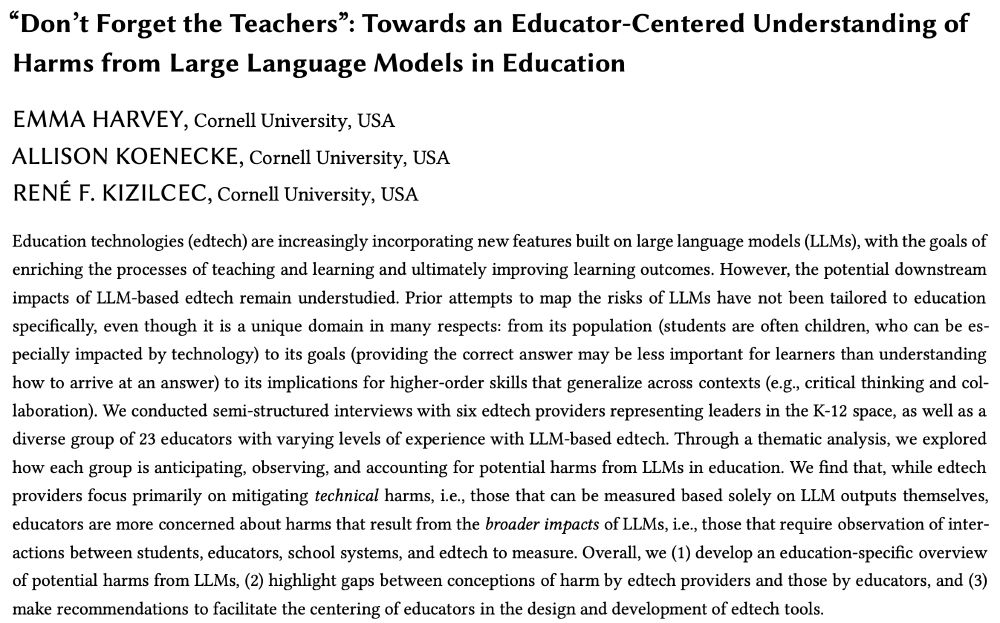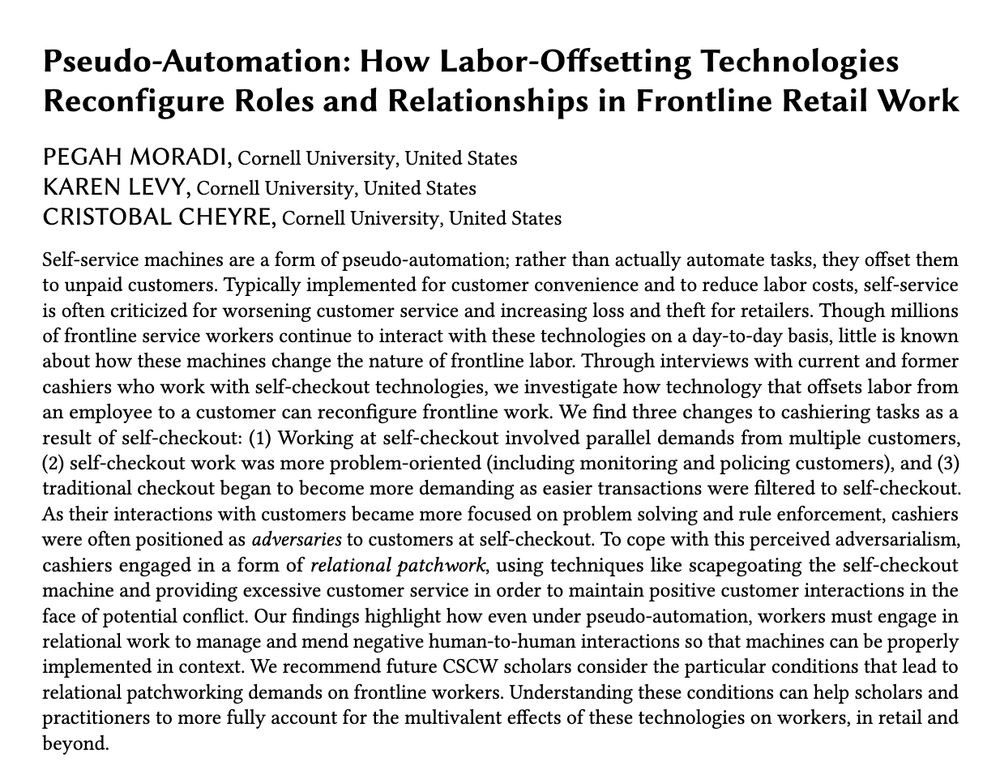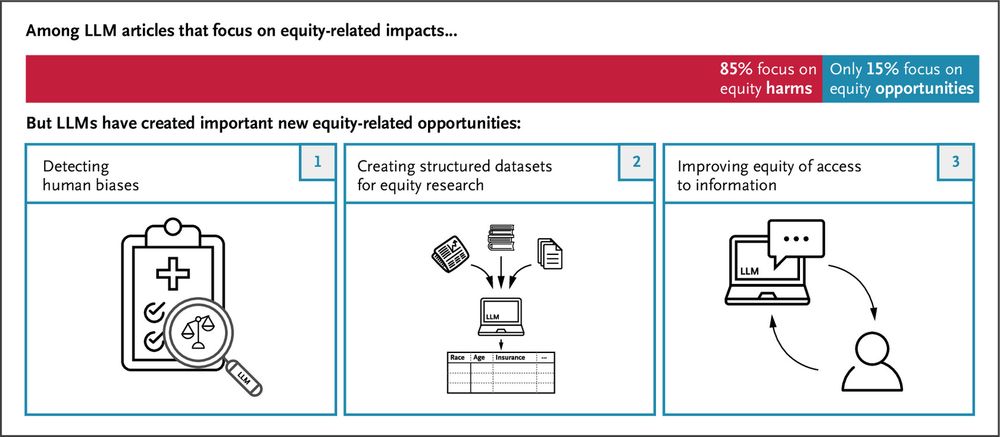Karen Levy
@karenlevy.bsky.social
3.5K followers
290 following
12 posts
Law/tech, surveillance, work, truckers. Faculty Cornell Information Science, Cornell Law / Fellow @NewAmerica / Data Driven: http://tinyurl.com/57v559mv / www.karen-levy.net
Posts
Media
Videos
Starter Packs
Reposted by Karen Levy
Reposted by Karen Levy
Reposted by Karen Levy
Reposted by Karen Levy
Reposted by Karen Levy
Karen Levy
@karenlevy.bsky.social
· Jun 3
Pegah Moradi
@pegahmoradi.bsky.social
· Jun 3

The Human in the Loop: Pegah Moradi on Automation, Discretion, and the Future of Frontline Work - Siegel Family Endowment
Pegah Moradi is a PhD candidate in Information Science at Cornell University, where she studies the social and organizational dimensions of digital automation, with a focus on its impacts on work and ...
www.siegelendowment.org
Reposted by Karen Levy
Reposted by Karen Levy
Karen Levy
@karenlevy.bsky.social
· Mar 12
Reposted by Karen Levy
Reposted by Karen Levy
Pegah Moradi
@pegahmoradi.bsky.social
· Mar 12
Sociotechnical Change: Tracing Flows, Languages, and Stakes Across Diverse Cases| “A Fountain Pen Come to Life”: The Anxieties of the Autopen | Moradi | International Journal of Communication
Sociotechnical Change: Tracing Flows, Languages, and Stakes Across Diverse Cases| “A Fountain Pen Come to Life”: The Anxieties of the Autopen
ijoc.org
Reposted by Karen Levy
Nikhil Garg
@nkgarg.bsky.social
· Mar 10
Reposted by Karen Levy
Sophie Greenwood
@sjgreenwood.bsky.social
· Mar 10
Reposted by Karen Levy
Reposted by Karen Levy
Reposted by Karen Levy
Reposted by Karen Levy
Reposted by Karen Levy
Reposted by Karen Levy
Karen Levy
@karenlevy.bsky.social
· Nov 25
Karen Levy
@karenlevy.bsky.social
· Nov 25

Your Boss is Probably Spying on You: New Data on Workplace Surveillance
New research reveals that more than two-thirds of U.S. workers are subject to electronic monitoring, and that more intensive productivity monitoring is associated with higher levels of anxiety…
lpeproject.org
Karen Levy
@karenlevy.bsky.social
· Nov 17









![Text from article: Automation may also have unintended social consequences. Pegah Moradi, a PhD candidate and researcher in Information Science at Cornell University, studies automation in retail. “When [an electronic shelf label] breaks down in the store,” she explained, “the worker has to repair the system even if they don’t have the technical expertise. The customer becomes frustrated: There is no price available, or why has the price changed? The burden falls on the employee to alleviate the tension of that situation.” The technology may put employees in the position of performing what Moradi calls “relationship management,” adding social pressure to service jobs but without additional pay or training.](https://cdn.bsky.app/img/feed_thumbnail/plain/did:plc:iuapdbkkbx2nvfqoqksek4re/bafkreihfqzgnucd7rmexljtf674zig7ahjqkkadhdbvdtbwqmgzptin6vy@jpeg)


